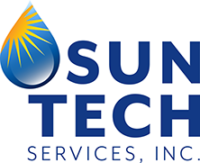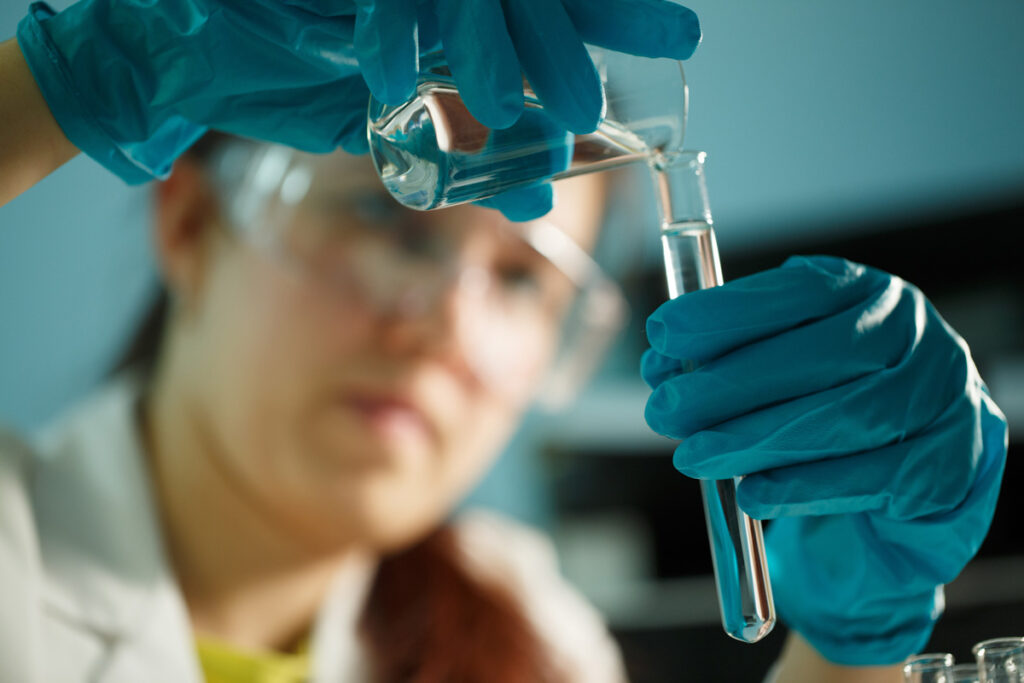Regardless of where you live in Las Cruces or your water source, water testing is extremely important. However, water testing is especially important if you have well water due to the number of dangerous contaminants it might contain. Well water and water from a water treatment plant are notoriously wrought with minerals and metals that aren’t safe for consumption in large quantities. The only way to check for the presence of these contaminants is with a water treatment test. We will detail each of the things that a water treatment test checks for and why it’s important.
If you want to know what’s in the water you’re drinking, Sun-tech Services is here to help. Contact us online or call (575) 523-2400 to learn more about our water testing and filtration services.
Hardness
One of the main things that a water test will evaluate is the “hardness” of your water. Hard water isn’t necessarily dangerous for your health but can lead to dirty water that leaves stains on anything it touches. Hardness is determined by how much calcium and magnesium your water has, and a water treatment plant doesn’t remove these items.
Iron
Iron, as with calcium and magnesium, isn’t necessarily bad for you when you drink it in your water. Your body needs some iron to remain healthy, but too much could have detrimental effects. The main danger of iron is when you consistently bathe or shower in water that’s heavy with iron. This can lead to skin and hair problems because of oxidative iron.
Manganese
Manganese is one of the last things you want to have in your water. In addition to being bad for your health, manganese can also stain your clothing when you’re doing laundry. On top of your health and laundry, manganese is also bad for your plumbing pipes because it builds up on the inside of it and results in clogging. Manganese also has a nasty taste and could affect everything that you eat or drink.
Chlorine
Despite what you may have heard about chlorine from the EPA and your water treatment plant, it isn’t always safe for consumption. While chlorine is often used in city water to treat it, it negatively impacts how your water tastes and smells. High amounts of chlorine can also cause potential long-term health problems, which means it isn’t the best water purifying option at your disposal.
pH
The pH level of your water refers to how acidic or alkaline your water is. High pH means that your water is too alkaline, which means it will have a bitter taste and be overly dry. This can lead to itchy, irritable skin and clogged water pipes. Low pH means that your water is too acidic and could be dangerous for your health and plumbing pipes.
Hydrogen Sulfide
If you’ve ever thought that water tasted or smelled like rotten eggs or sulfur, it means that it’s high in hydrogen sulfide. While this gas isn’t necessarily dangerous in small amounts, large amounts will affect the smell and taste of your water. Contact us to learn more about how hydrogen sulfide affects your drinking water.
Total Dissolved Solids
Water testing for total dissolved solids in your home’s water is one of the most important aspects of water testing. Total dissolved solids refer to everything that’s in your water, both good and bad, that shouldn’t normally be found in water. Having a low total dissolved solids could indicate the presence of toxic chemicals and be extremely dangerous. Therefore, it’s crucial to test for total dissolved solids in your Las Cruces drinking water.
Who to Contact For All Your Las Cruces Water Testing Needs
As you can see, having your drinking water tested is extremely important if you live in Las Cruces or the surrounding area. Each of the elements listed above are bad for you or your home in one way or another. Therefore, it’s extremely important to reach out to Sun-tech Services and invest in a water treatment test. That way, you’ll be aware of what you’re putting into your body and whether or not you need a softener or filtration system to intervene. Contact us online or call (575) 523-2400 today!

